Friday Fun Flier XIII
The lessons of disasters, two more great books, and another Throughline episode
In 2013, my hometown of Lyons, Colorado experienced a “thousand year rain.” Dams burst at the seams, overflowing. Water poured through the streets, carrying away cars, destroying parks, and even digging under the public works department, taking an entire dump truck to be buried more than 100 yards from its original spot.
Here are a few photos of the disaster:
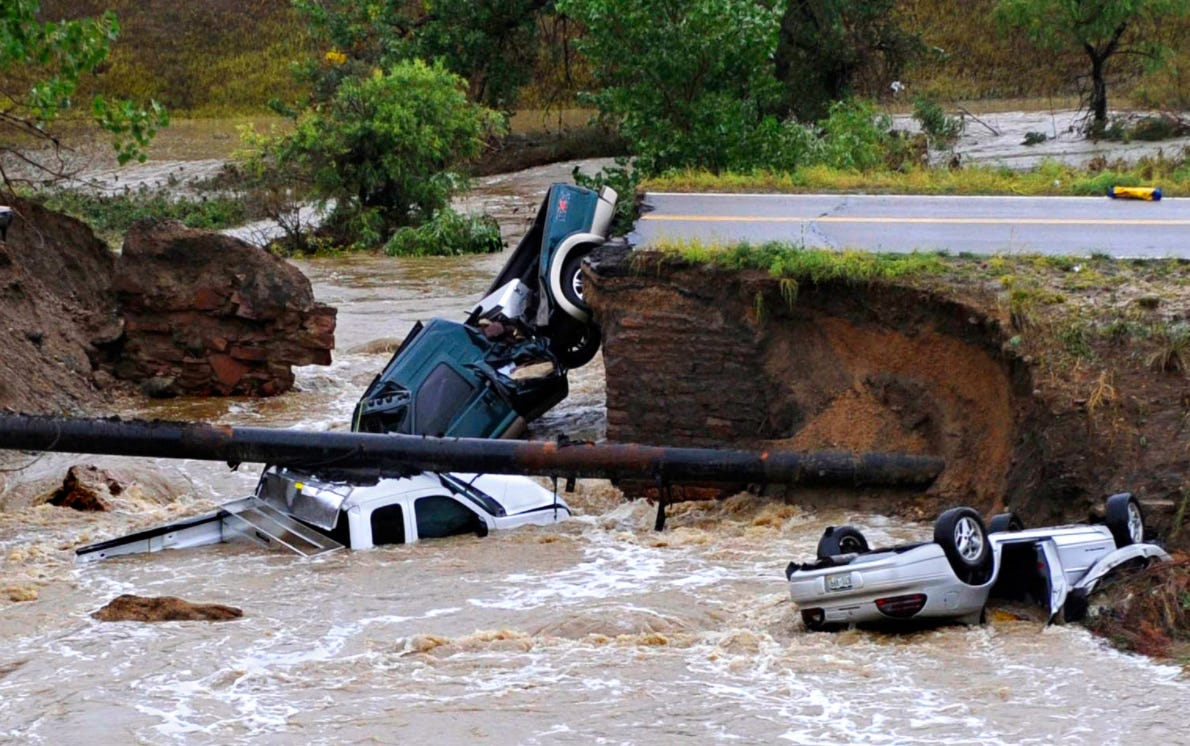
Almost no one who had the misfortune of living on the lower side of town near the river had a livable house when the water receded. Here are a few pictures I took of/in a silt-filled house a few days after the tragedy:
It was one of those times that nature reminds us who's really in control. The river had been diverted 20 years earlier, and it put itself back where it wanted to be, washing out the bridge that connected the two sides of the town, and rendering the other impassable.
The people who lived on the other side of the river, in the suburban part of town, were stranded. They were backed up against the hills, with a flooded river in front of them.
One of my friends lived in those suburbs in 2013, and she told me that it became a very pleasant place to be almost immediately. People pooled their food and booze and had parties. They checked up on the elderly and took turns walking the dogs. Everyone experienced the trauma together.
I've talked to quite a few people since then who were there. They miss those days sometimes. That's not to say that they're glad the tragedy happened, or that they were excited about millions of dollars in property damage, or that they’re happy that eight people died. They’re not monsters. They just miss those few days when everyone cooperated in that microcosm of real human life. Nobody was rushing off anywhere. Nobody was bogged down by work responsibilities. It was a pure community.
In the months and year afterward, the sense of community remained, embodied by the phrase “Lyons strong.”
This is a story that repeats itself ad infinitum in disasters. It happened in the London Blitz, after Hurricane Katrina, and after the great San Francisco earthquake. It's who we really are.
Human beings are wired to cooperate. It's the only way we survived. It's how we built the world we live in. We weren't the fastest animal, we didn't have claws or wings or lightning-quick reflexes. We had each other.
We are able to cooperate on a scale that other animals can't. Unfortunately in today's world, we don't have to. Our modern world is so safe that we can sequester ourselves in suburbs, not knowing the people we live next to. We can go days without encountering other people, even when we’re not in a pandemic.
We’re convinced by fear-selling media that everyone else is out to get us, and we live our lives hiding from a non-existent threat. But we can't lie to ourselves when disaster hits.
When covid was ramping up, my father and his friend Anand set up a free aid station on the porch of my parents’ house, filled with toilet paper, sanitizer, and cleaning supplies. They made the local paper for what they were doing. They took turns going to the store, waiting in line, buying essential items, and bringing them back to stick on the front porch under a sign that said “please take only what you need.”
They weren’t alone. In the early days of covid, altruism was in the air, though the news tended to focus on the negative.
We still need that altruism.
We've been in one of the biggest disasters in human history for more than a year. People around you are hurting just like you. The world is hurting. Now is the time to reach out, and do what you can to help those in your community.
Two Great Books to Read:
Tribe by Sebastian Junger
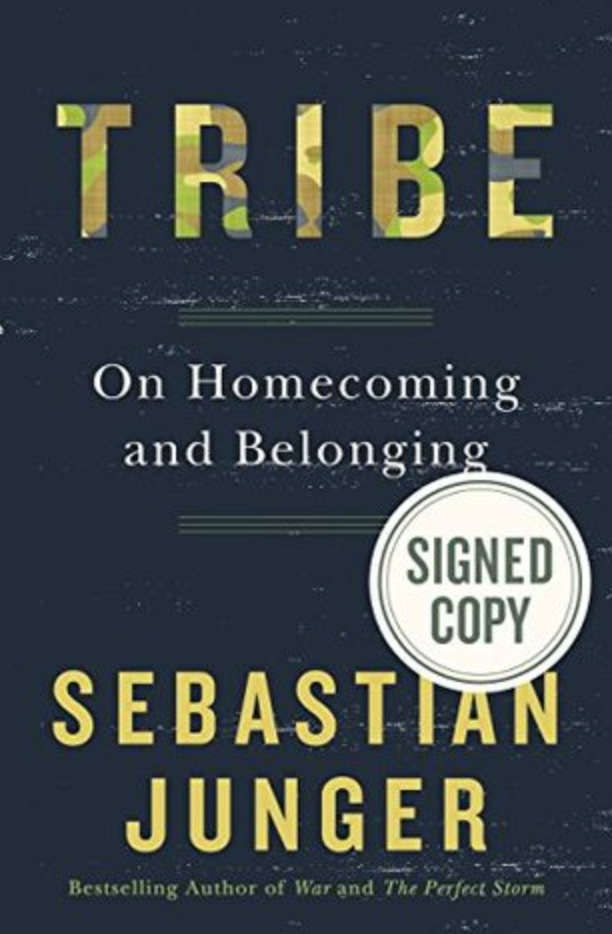
This one’s going into my “place of honor.” I keep the books that I want to remind me of something at the back of my writing desk, so that they’ll stare me in the face as I write, and help me stay the course.
Two weeks ago, I recommended the podcast episode that sold me on this book. I’ve since listened to it three times on my way to and from work. That interview and this book speak directly to a primal part of me, the part that feels that I’m missing something in the modern world. That I should be living in a closer community.
“Humans don’t mind hardship, in fact they thrive on it; what they mind is not feeling necessary. Modern society has perfected the art of making people not feel necessary. It's time for that to end.”
― Sebastian Junger
Tribe is Sebastian Junger’s exploration of why modern society makes us so miserable. He starts it off with historical anecdotes that I wasn’t aware of: the fact that early North American settlers, especially men, often ran off to join and live with the indigenous people. The indigenous people, however, didn’t run off to join white society.
Why? Could it be that all our attempts at civilizing the world and ourselves have only made us more and more miserable?
The White Album by Joan Didion
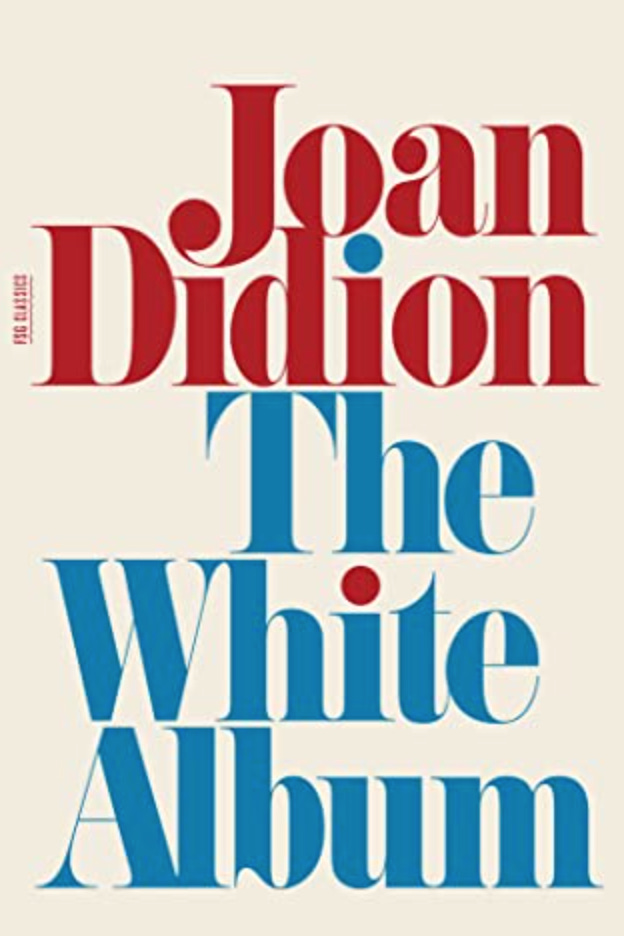
Another collection of essays by Didion, this one was published more than a decade after Slouching Towards Bethlehem. In it, Didion examines America in the 1960s, covering the Black Panthers, the Manson trials, and the rise of shopping malls through the lens of someone who feels detached from reality.
There’s something so vulnerable about Didion’s writing style, something naked and open and musical that I can’t put my finger on, that’s captivated me these last three weeks. She is able to give us a real sense of disillusionment, of what it’s like to unravel and put yourself back together every few weeks.
Here is my favorite passage from the book, from an essay called In The Islands:
“We are here on this island in the middle of the Pacific in lieu of filing for divorce. I tell you this not as an aimless revelation but because I want you to know, as you read me, precisely who I am and where I am and what is on my mind. I want you to understand exactly what you are getting: you are getting a woman who for some time now has felt radically separated from the ideas that seem to interest other people. You are getting a woman who somewhere along the line misplaced whatever slight faith she had in the social contract, in the meliorative principle, in the whole grand pattern of human endeavor.”
I’ve felt a connection to Didion these past few weeks that I seldom feel. If you’ve ever felt like you’re on the outside looking in, have a read!
A Great Podcast Episode:
Policing in America by Throughline
I’d never really thought of the police as coming from somewhere. My whole life, they’ve just been… around. Before I listened to this episode, I didn’t know anything about the history of policing in the U.S.
What a ride! Be prepared for some uncomfortable historical perspective, that will ultimately make you a better person.
And Now, The Feel-Good News Story of The Week!

A survey of 2,000 Americans has shown that 58% of us have used the lockdowns to focus on self-improvement. 62% of Americans believe that the pandemic will end before 2022.
Other silver linings:
52% of people surveyed volunteered for the first time in the pandemic
60% say they have a “new appreciation of nature”
66% believe they become a “better person”
64% believe that they’re more environmentally conscious.
We may not think the future is bright right now, but if the majority of us feel better about ourselves, and we’re preparing ourselves to be better people, how could it not be a brighter world we’re headed into?
The full story can be found here.
That’s all folks. Thank you for your time, I hope you have a wonderful weekend! As always, you can respond directly to interact with me. Please hit “like” or leave a comment if you liked what you read. If you really liked what you read, please hit share! We’ve almost reached 2000 people, so anything you can do to put us over the top would be appreciated :)




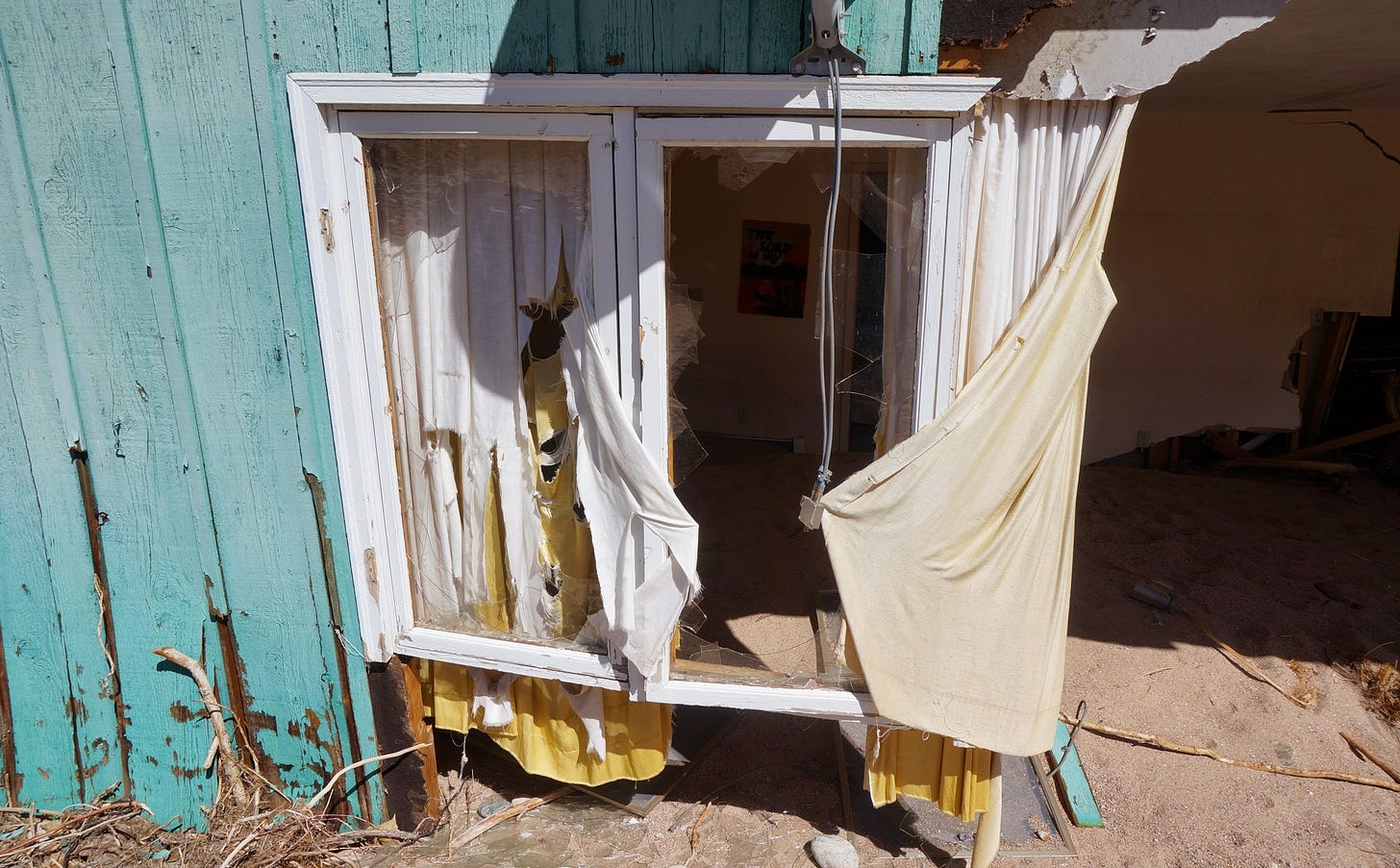
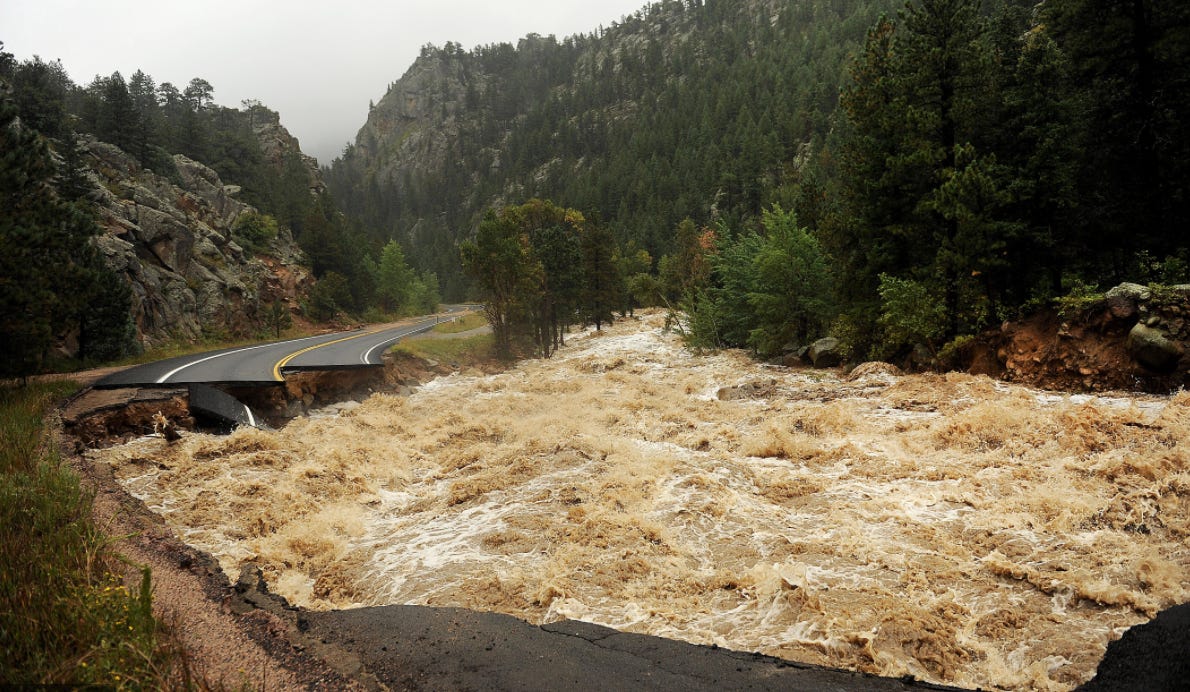
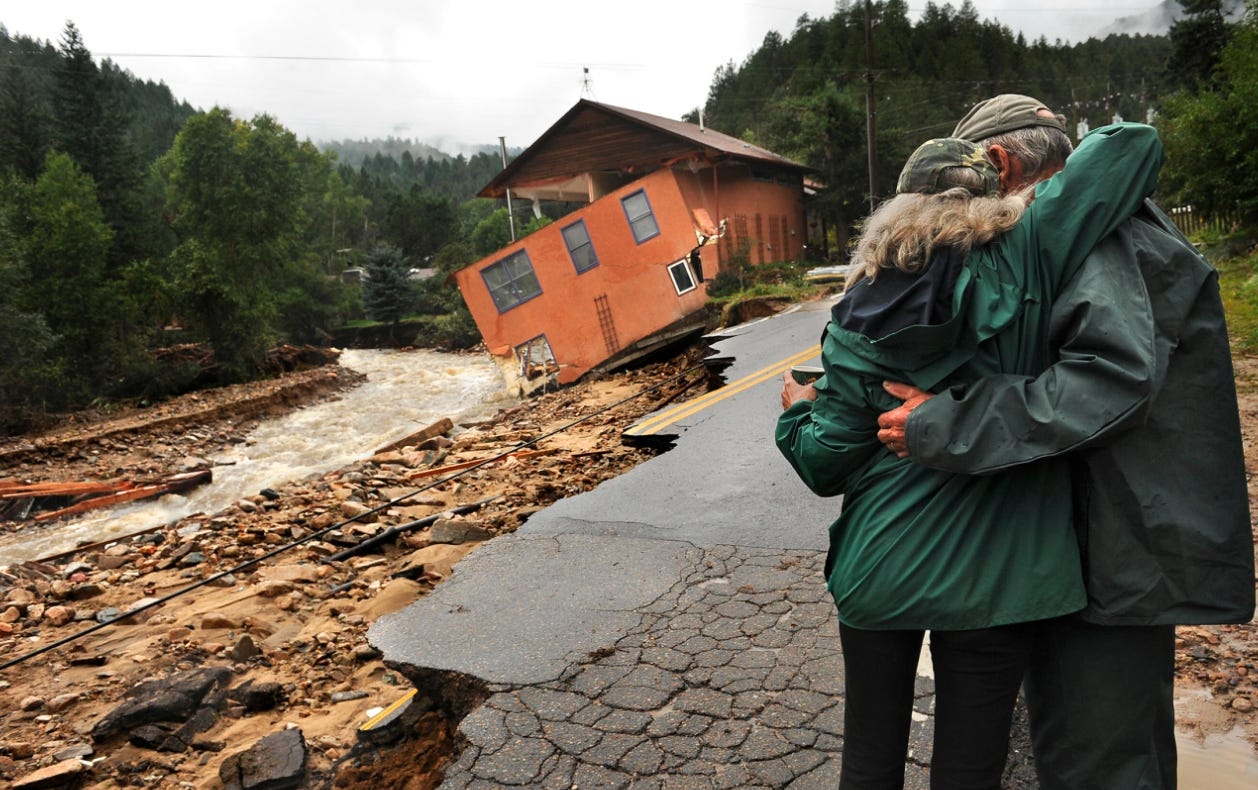
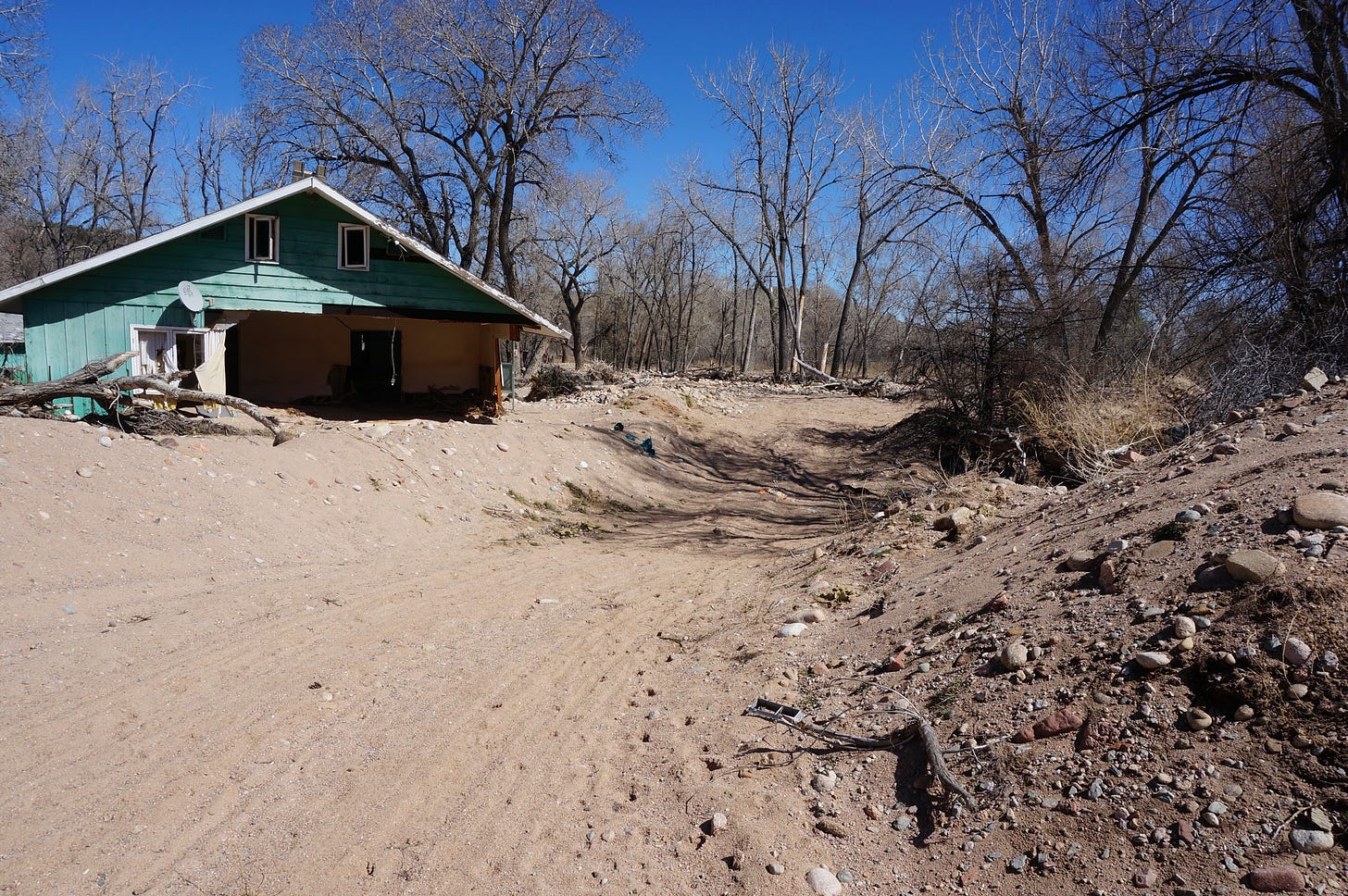
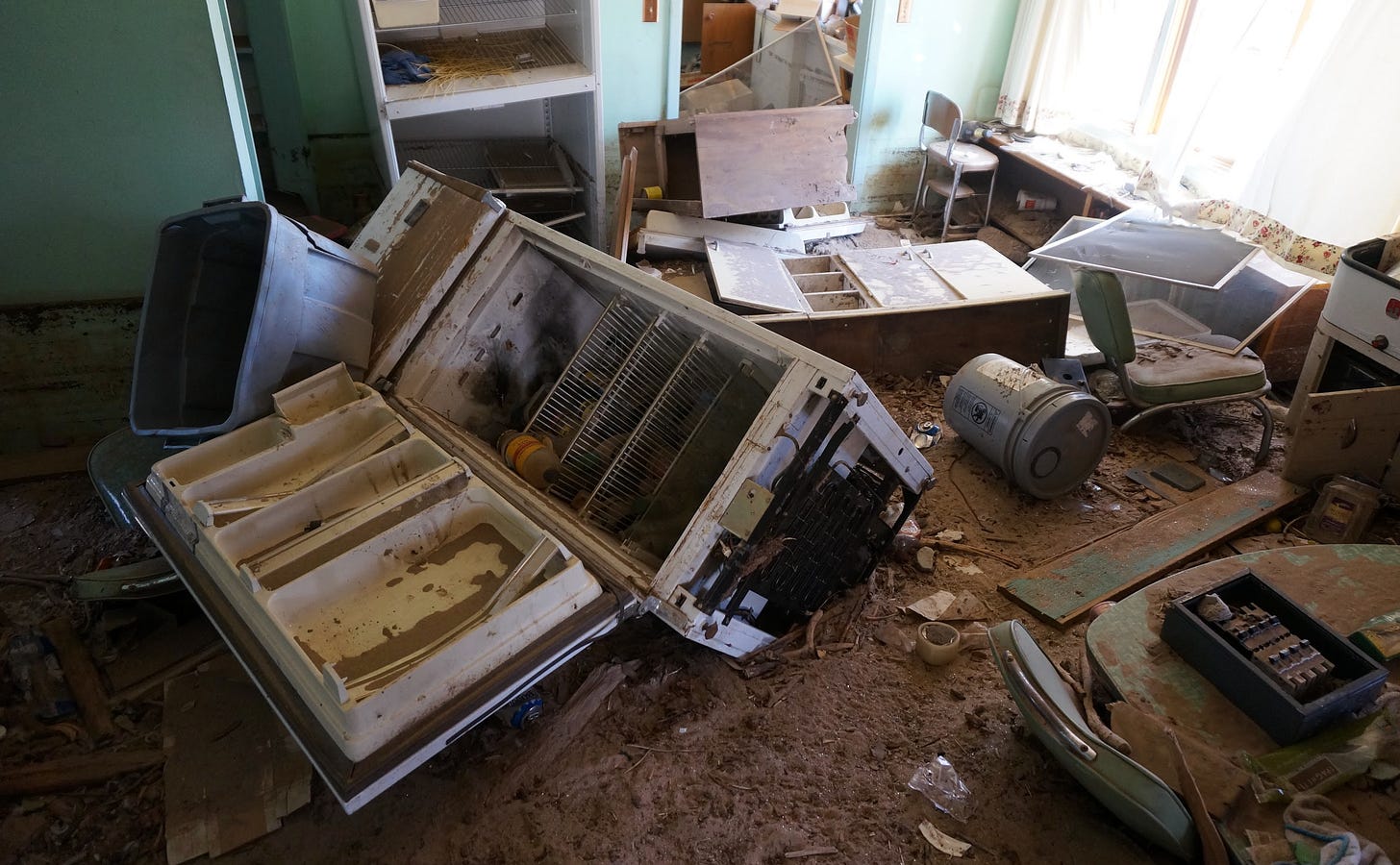
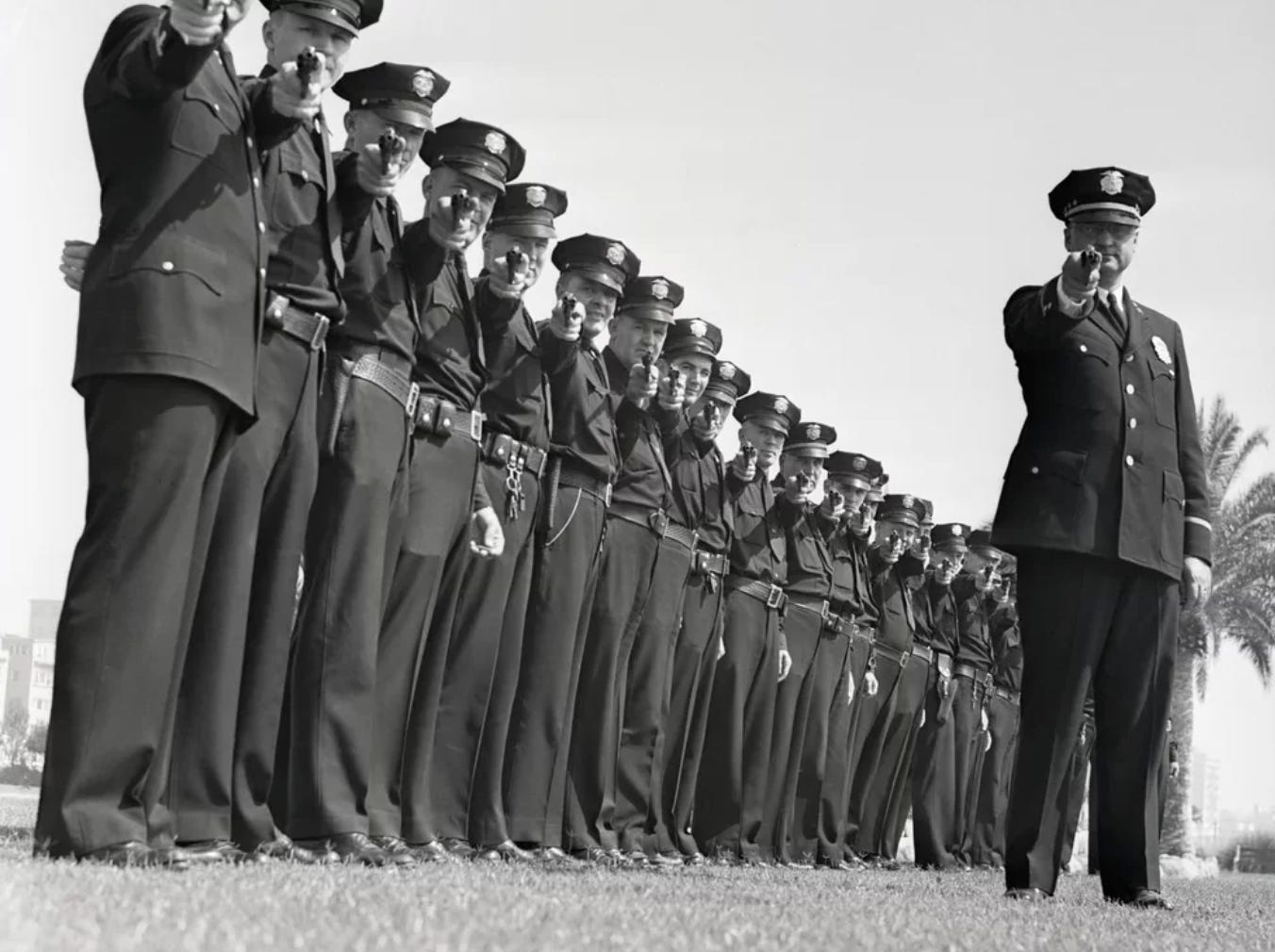
Dude! I'm so happy that Tribe has had such an impact on you, all from that podcast recommendation. I actually ordered it a couple of days back and still waiting on it! Again... It's like our reading is synchronized... haha xD